


This is the finding of a study that followed 352 pairs of newborns and their mothers in the cities of Guarulhos and São Paulo (Brazil). Changes observed in the first two months of life may increase future risk of obesity and diabetes.
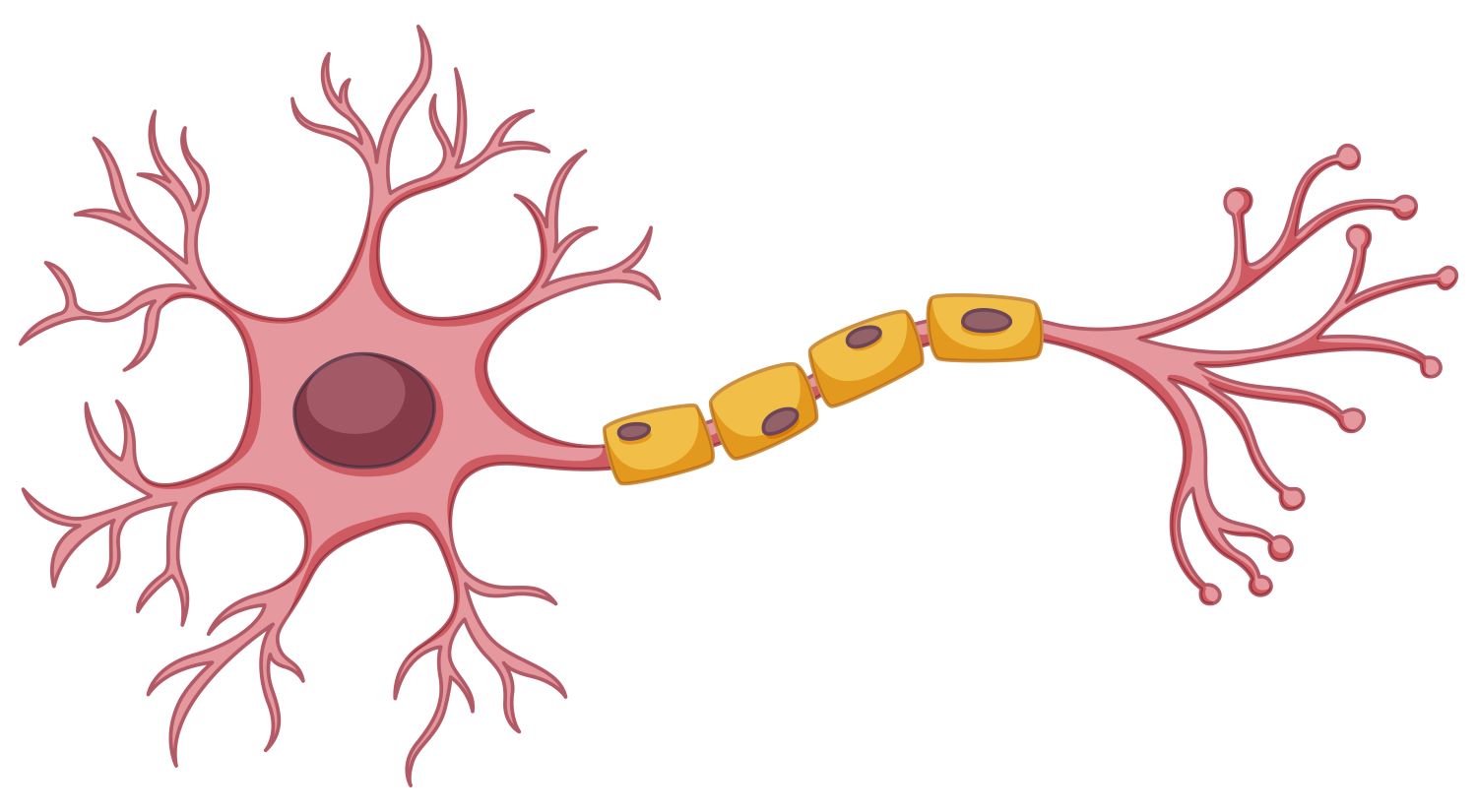
The rodent experiment, conducted at the State University of Campinas, highlighted the involvement of the hnRNP A1 molecule in maintaining the integrity of the myelin sheath – a fatty layer that protects neurons and facilitates communication between them. The findings pave the way for potential therapies.

Researchers from the Federal University of São Paulo and the Butantan Institute are working on an improved version of the antibothropic serum, with more neutralizing antibodies and fewer proteins associated with side effects.
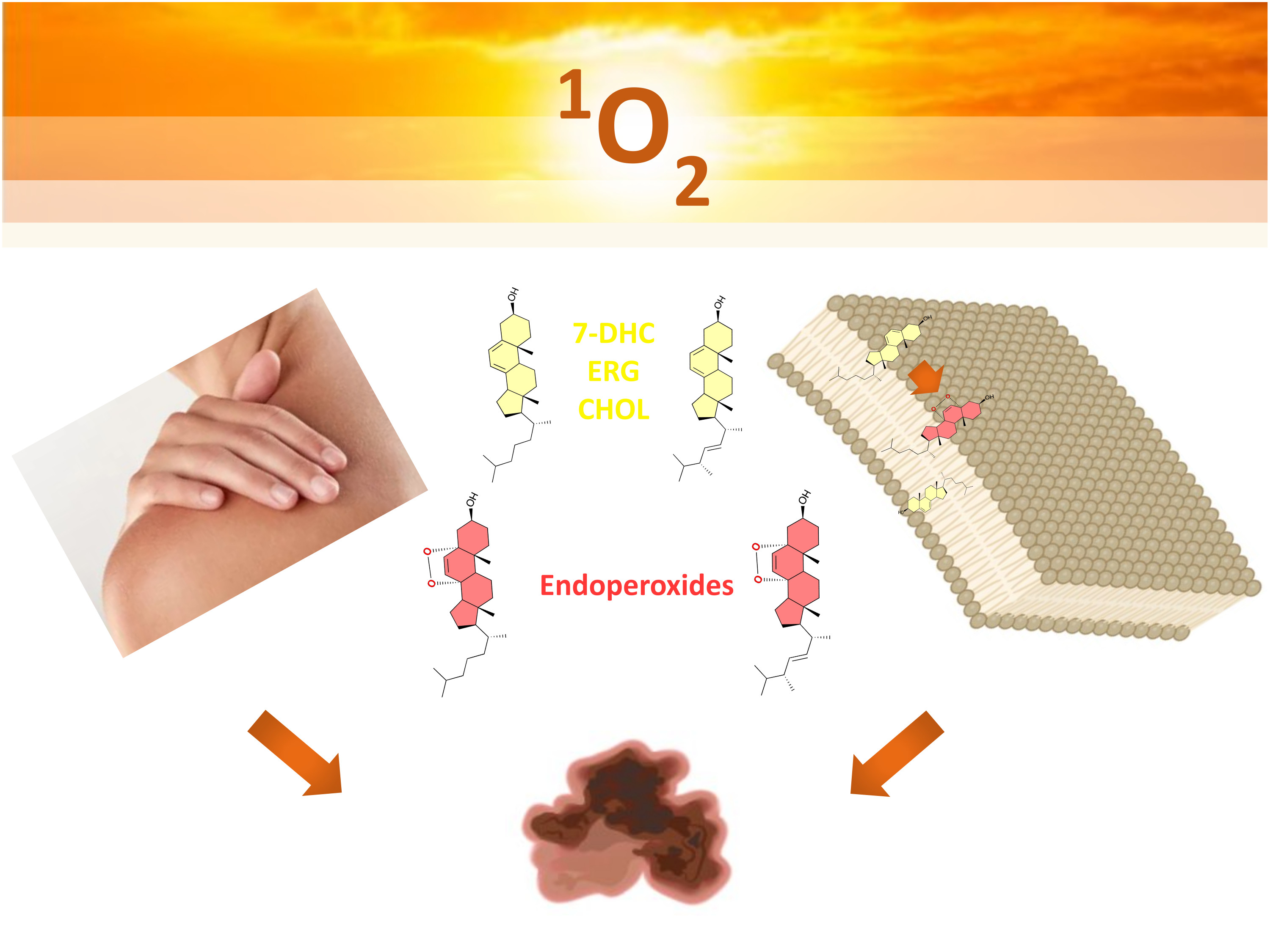
Results from a FAPESP-supported research center pave the way for expanding the use of photodynamic therapy in the fight against skin cancer.

While cognitive-behavioral therapy showed faster results, the effect of acceptance and commitment therapy was more lasting, shows a study conducted at the University of São Paulo with 227 volunteers.
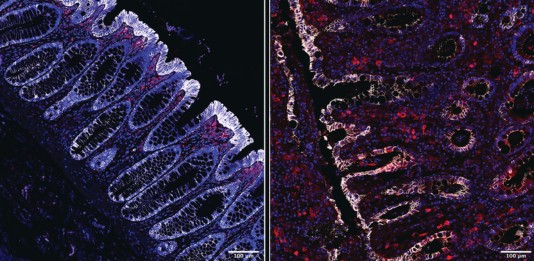
Rodents fed a diet rich in soluble fiber coped better with a microorganism that causes diarrhea and can lead to death in debilitated patients. Researchers observed that acetate – a compound produced by the gut microbiota when fiber is digested – helps modulate the immune response.

Equipment developed in Brazil by researchers at the National Telecommunications Institute combines Internet of Things devices, high-resolution cameras, and artificial intelligence algorithms to capture and identify female Aedes aegypti without harming other insects.
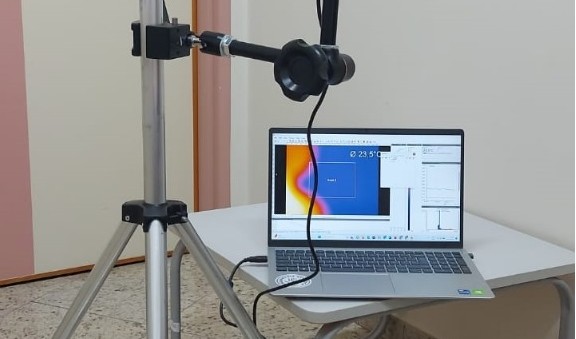
Device developed with the support of FAPESP is more accurate than assessments made by doctors using a dermatoscope.
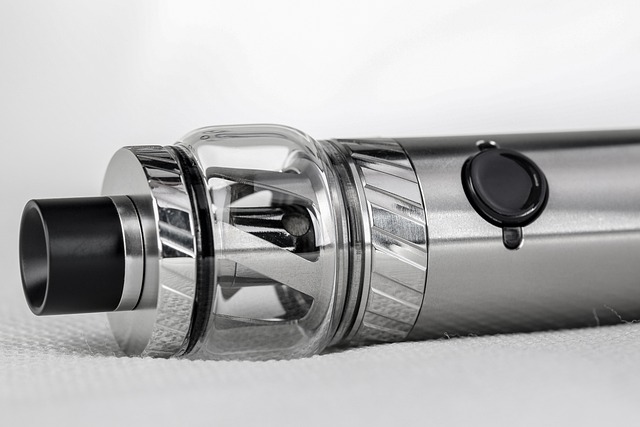
Researchers from São Paulo State University and collaborators studied 50 young people with an average age of between 26 and 27. The goal was to find biomarkers that allow early detection of health changes.

An enzyme cloned from an insect found by Brazilian researchers – and genetically modified – makes it possible to monitor intracellular acidity and could be used to study diseases and drugs.
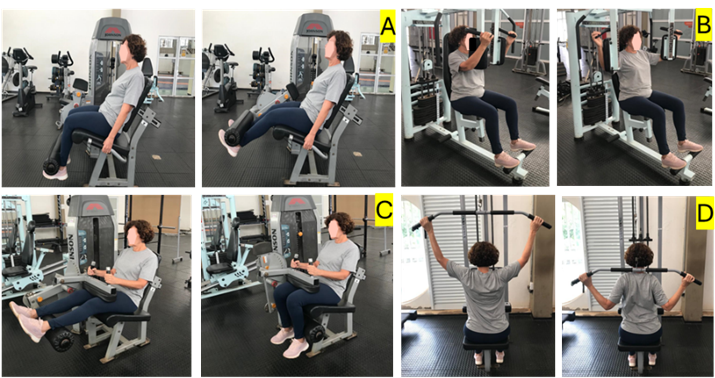
The study, conducted at the State University of Campinas, involved 44 people with mild cognitive impairment. After six months, the volunteers who practiced strength training showed improvements in memory and brain anatomy, while the others showed a decline in the parameters evaluated.
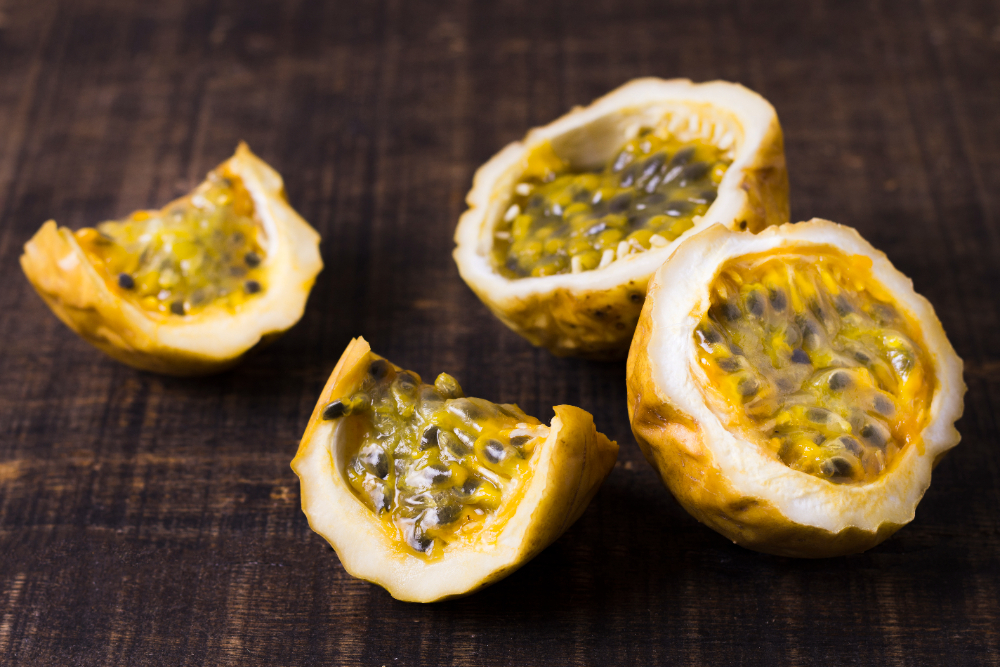
Researchers from Brazil and Germany study the mechanism of action of phytochemicals from papaya, passion fruit and medicinal plant extracts; results were presented at FAPESP Week Germany.

This is the conclusion of a study conducted at the University of São Paulo with 23 volunteers. The data show that only evening workouts regulated so-called baroreflex sensitivity – a mechanism that compensates for sudden changes in blood pressure.
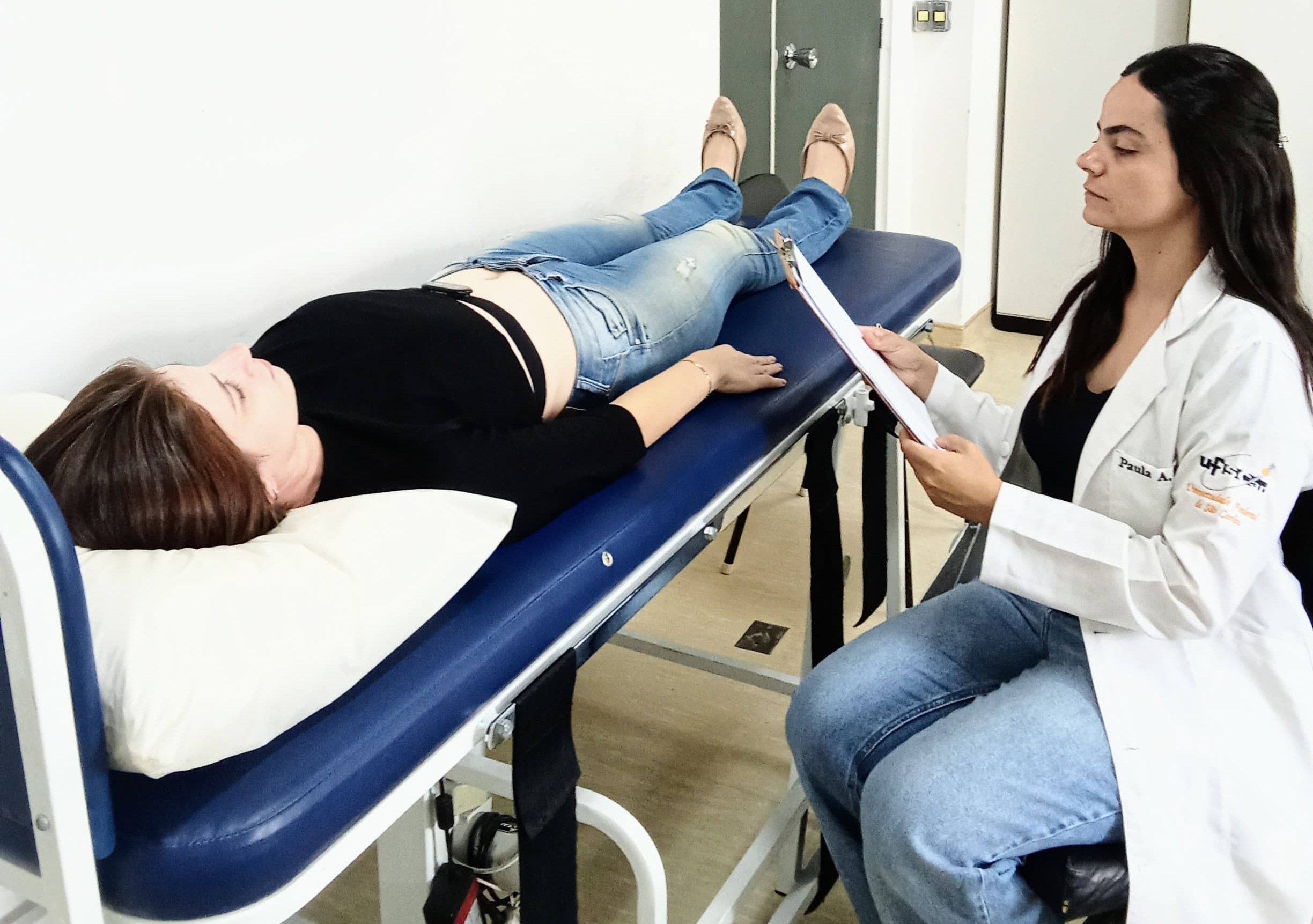
In a study of 130 volunteers conducted at the Federal University of São Carlos, a drastic decrease in heart rate variability, i.e. the heart’s ability to adapt to environmental and physiological demands, was observed – up to six weeks after infection.
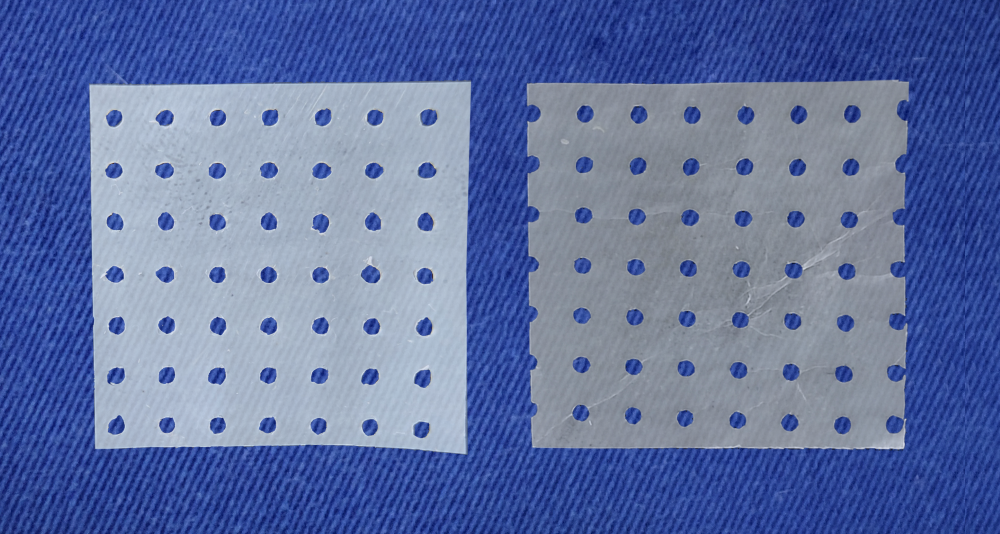
In rodent experiments, a cellulose product with silver nanoparticles was able to reduce microbial colonies in skin lesions, speeding up healing; treatment could benefit people with diabetic foot, burns, and bedridden patients with pressure ulcers.
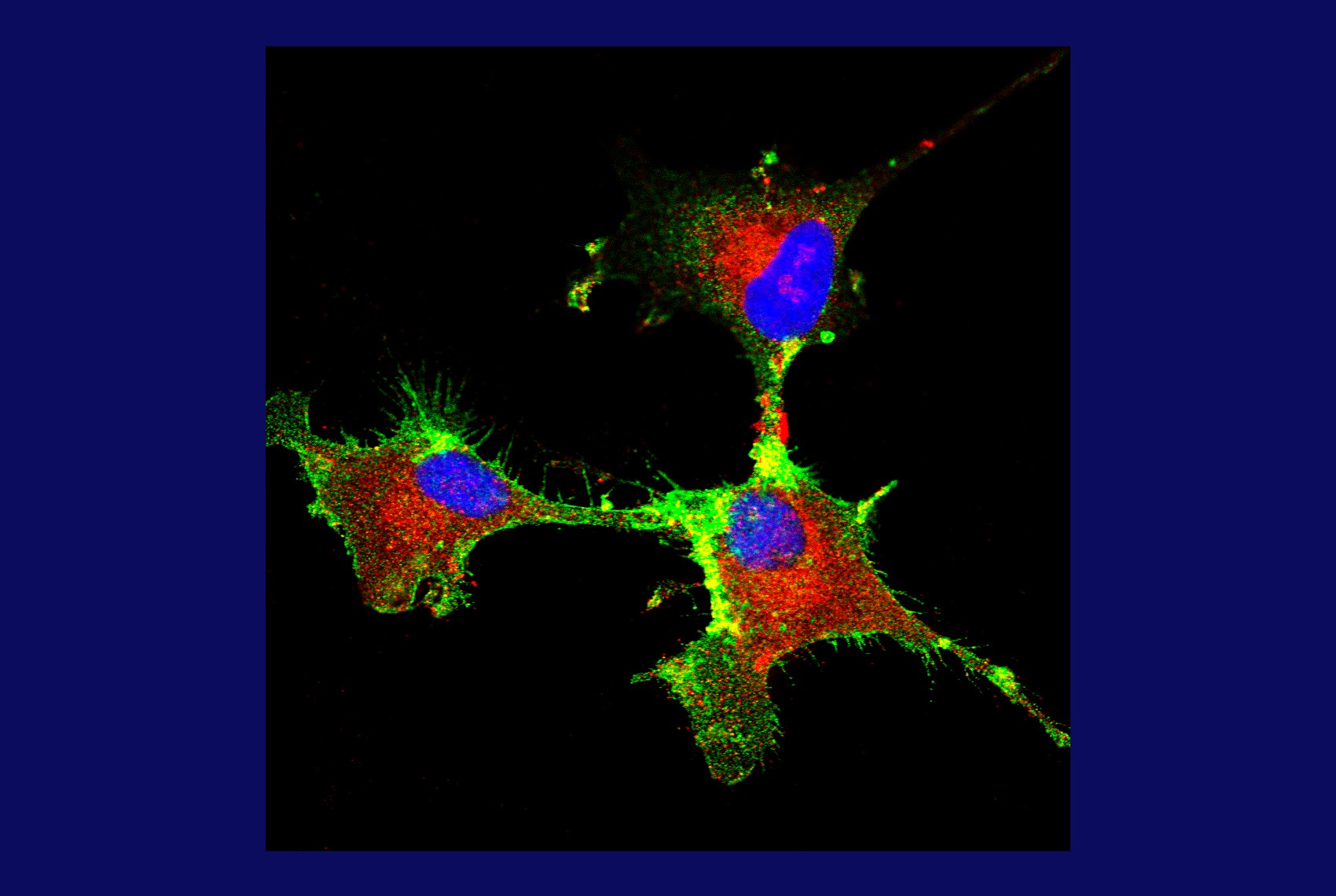
In experiments conducted at the University of São Paulo, tumor stem cells became less able to proliferate and invade tissues when the production of the prion protein was blocked by gene editing; the results suggest that the molecule could be a therapeutic target.
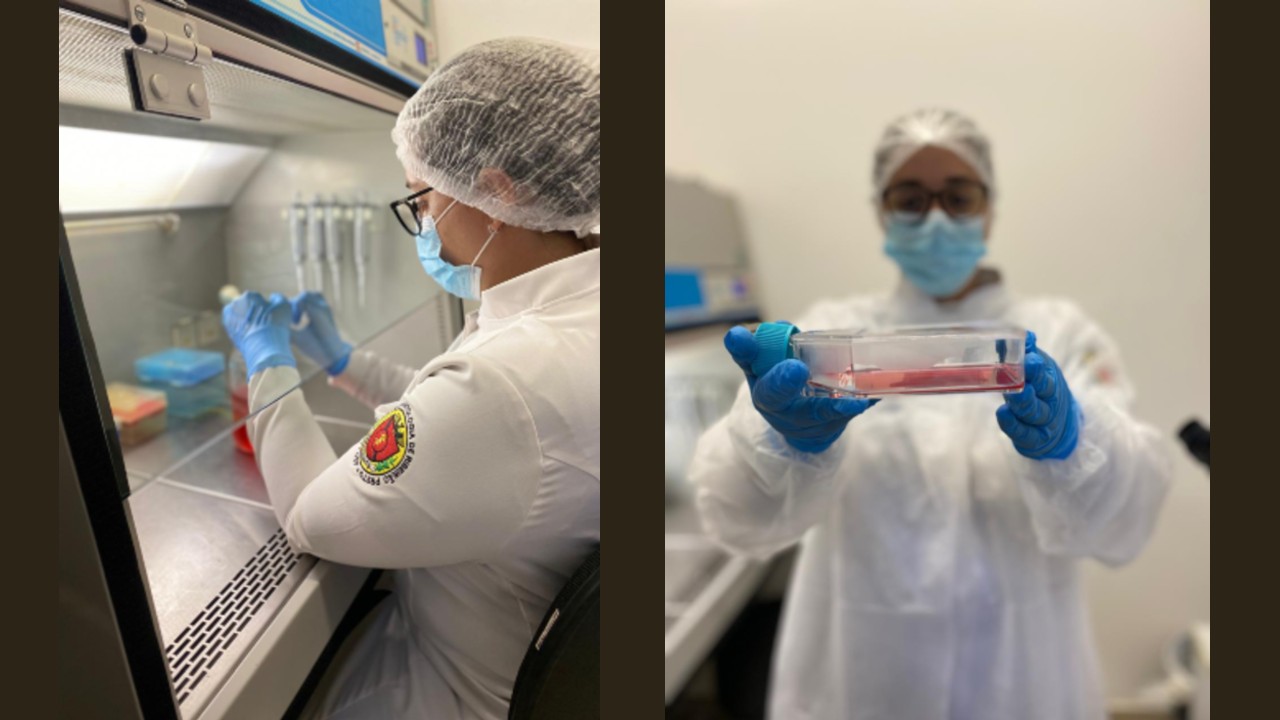
Researchers tested different concentrations of the substance on dental pulp cells. Results show promise for dental tissue repair.
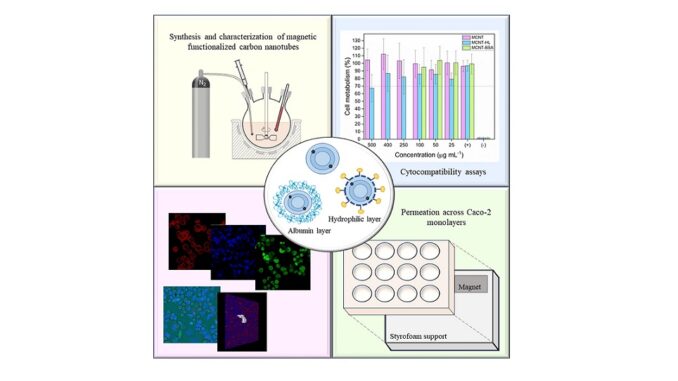
Material shows potential for use in drug delivery and tissue support systems in the human body.

Brazilian researchers have conducted a comprehensive study of the effects of seizures during development. The findings could lead to new treatments for autism, attention deficit disorder, schizophrenia and epilepsy.

Research conducted at the Butantan Institute seeks to identify a compound that can be used in both the prevention and treatment of arboviruses.
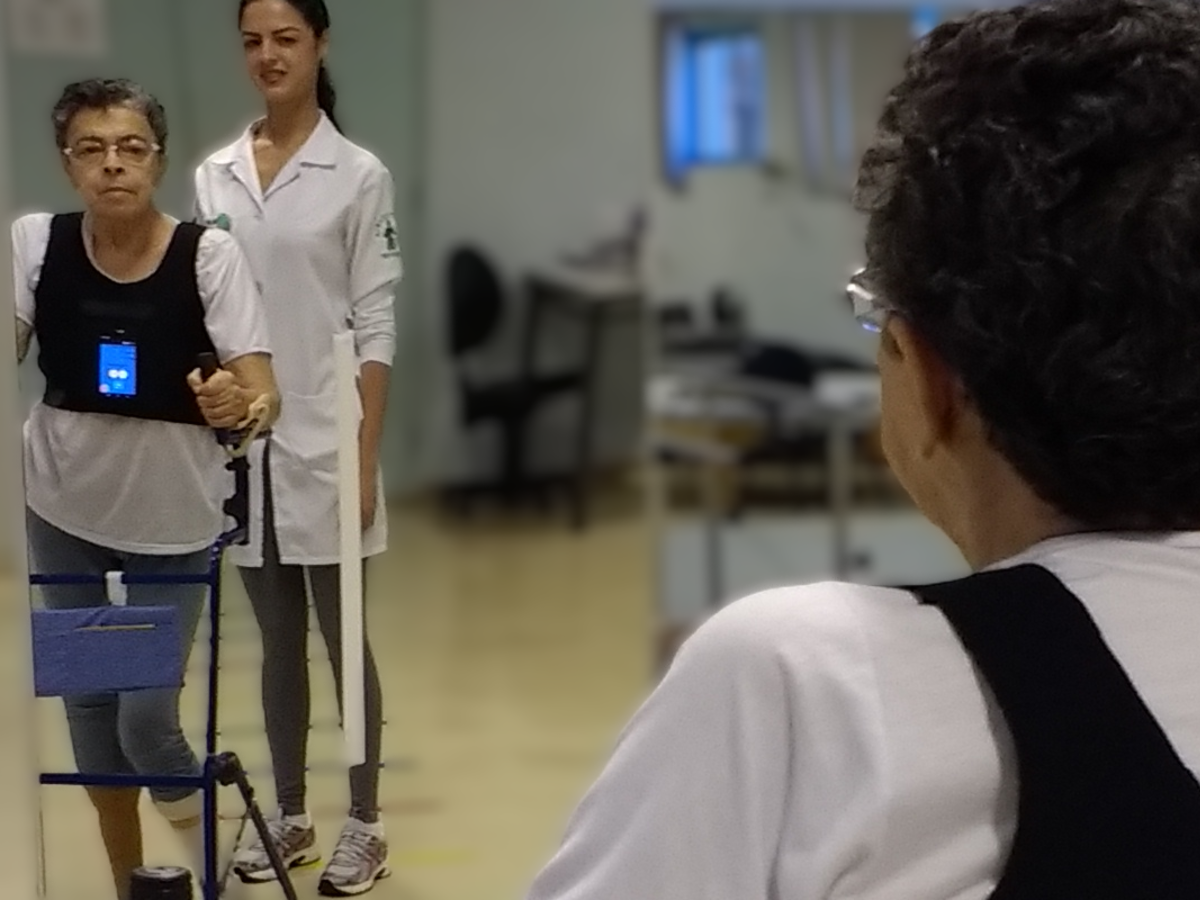
Assistive technology developed at the University of São Paulo helps patients with reduced muscle strength or unilateral paralysis perform daily activities and regain lost body awareness.
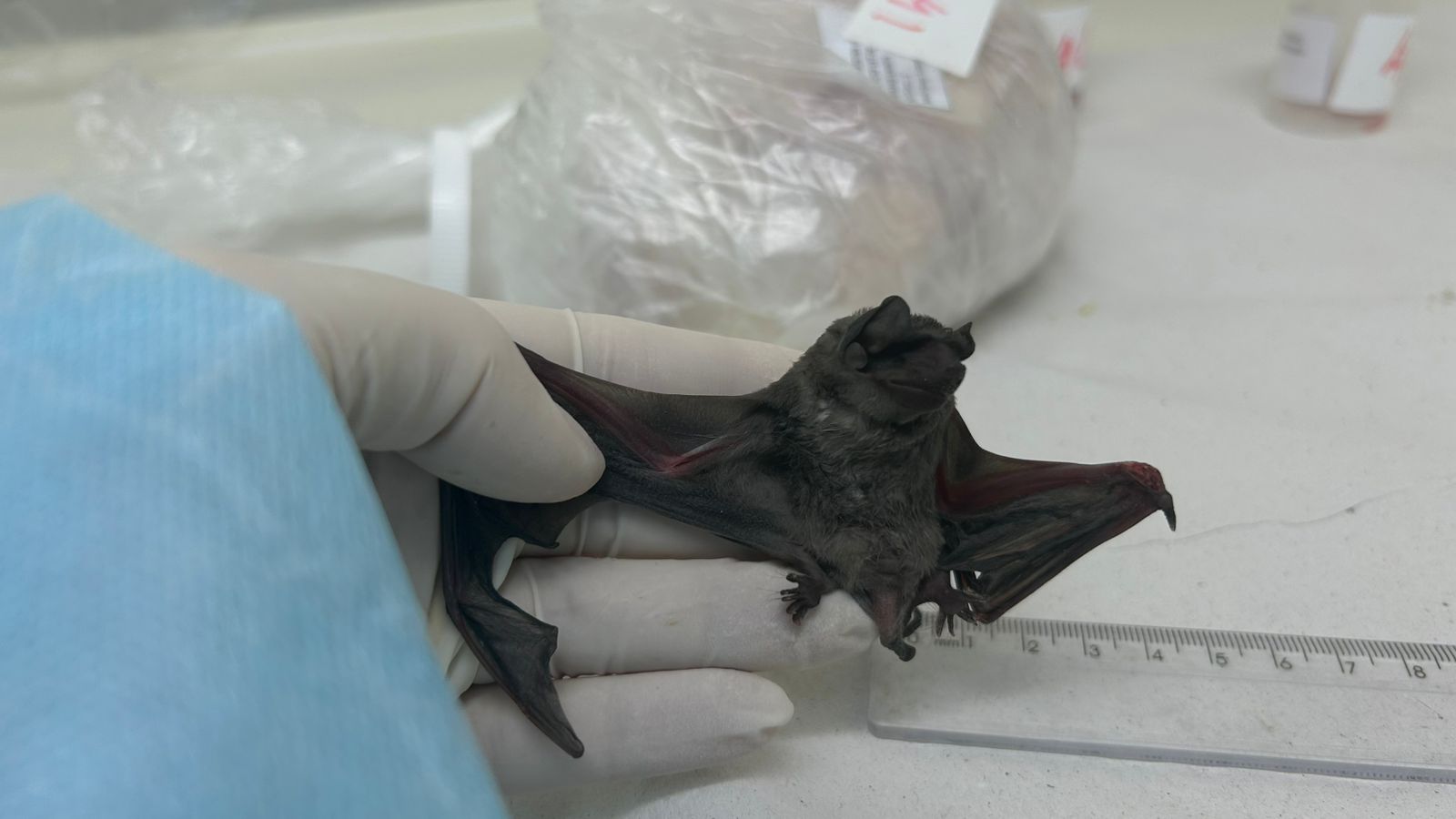
Detected in the state of Ceará, Brazil, the novel coronavirus has similarities with the coronavirus that causes Middle East respiratory syndrome, first identified in 2012. Experiments to find out whether it can infect humans are set to take place during 2025.

Already provided by the UK’s National Health Service, the approach, called PACT, aims to improve communication and interaction by focusing on the child’s interests.

Fish oil supplementation altered the profile of defense cells, which switched from a pro-inflammatory to an anti-inflammatory state, reversing a condition similar to type 2 diabetes.
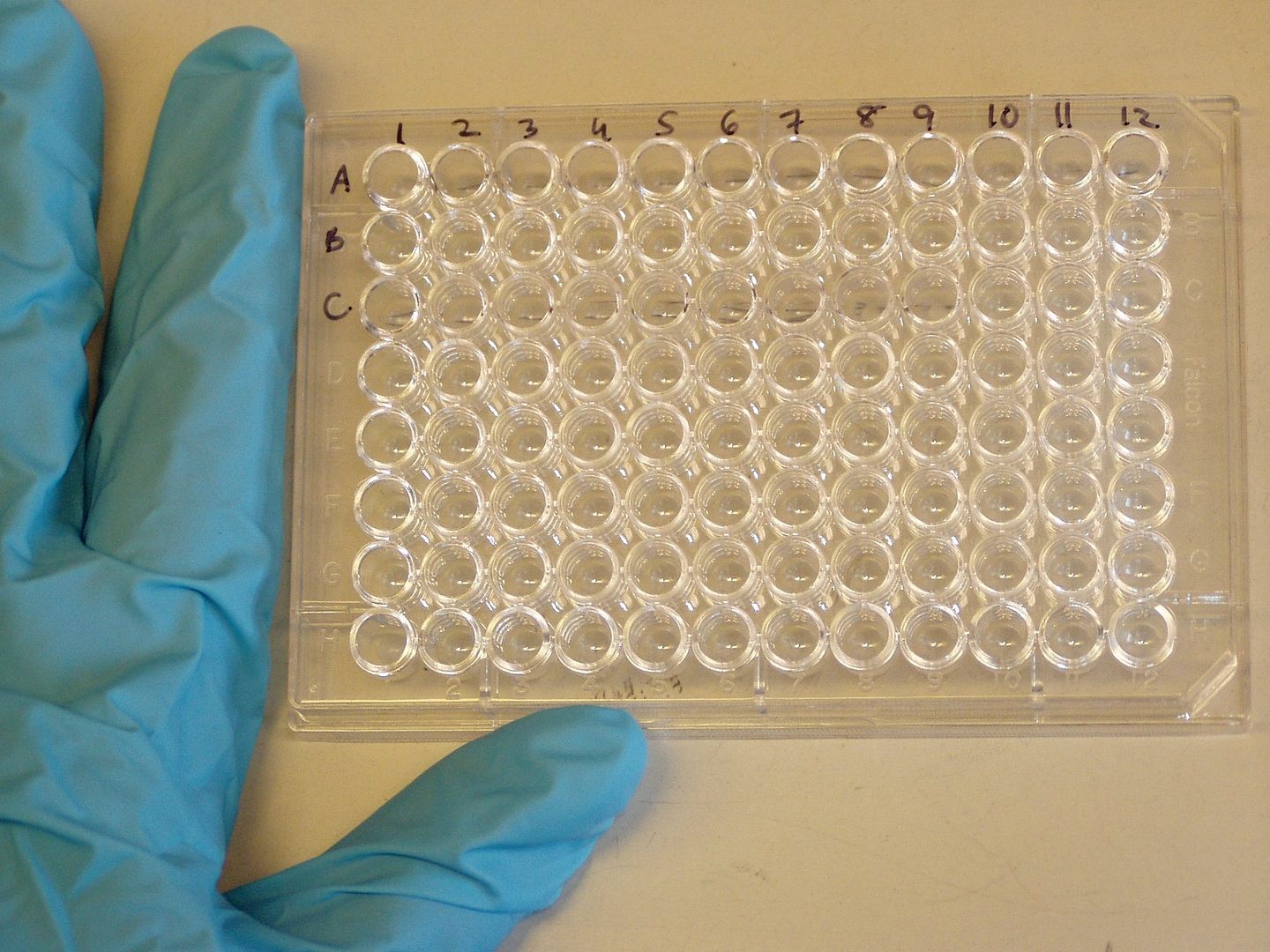
The method developed at the University of São Paulo detects and distinguishes between antibodies induced by the pathogens in blood samples. The strategy can be used to orient public policy in health and to evaluate the efficacy of dengue vaccines.